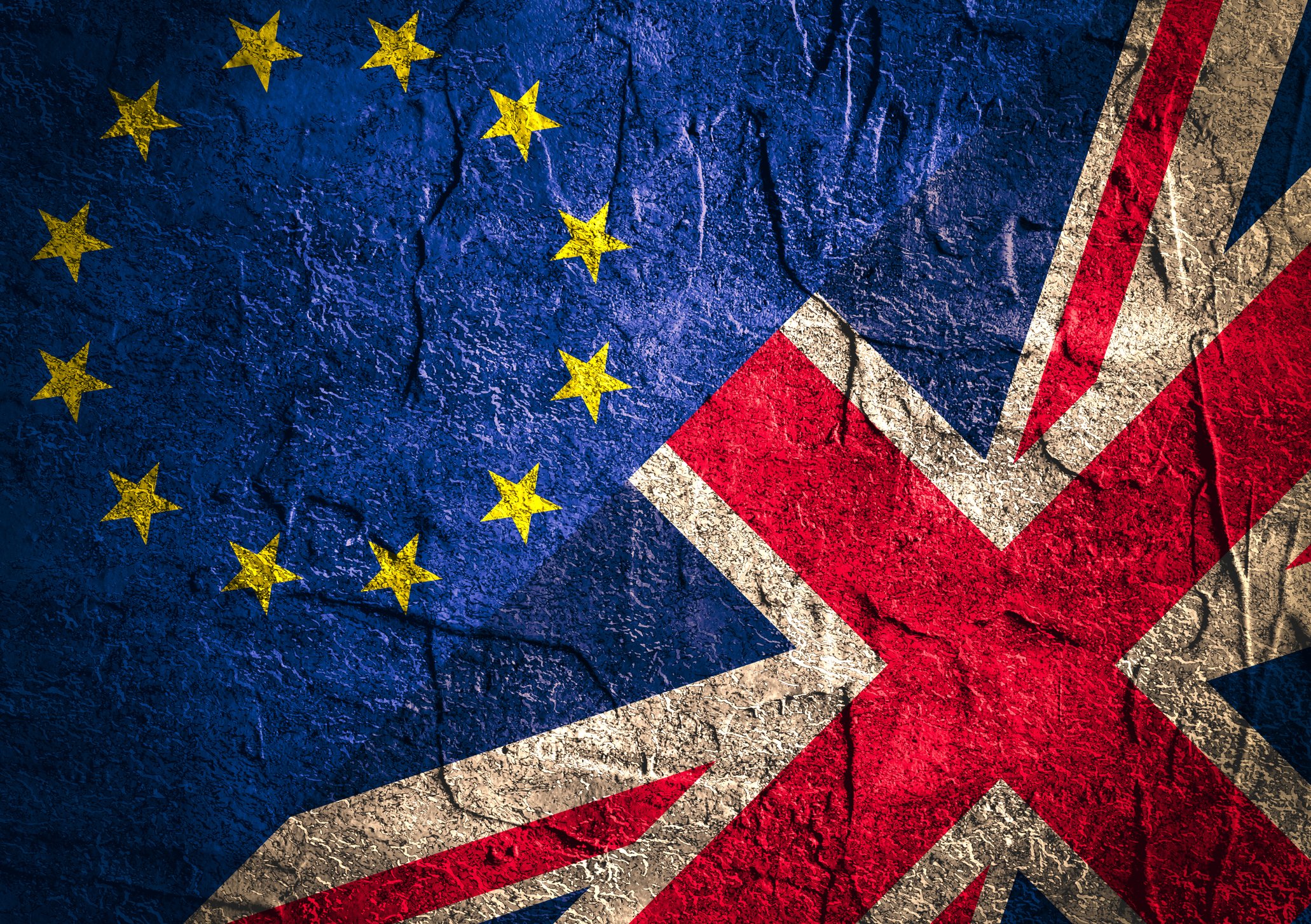

In the midst of summer travel season, United Kingdom citizens voted to leave the European Union. With “Brexit” came a drop in the value of the British pound, which is lower than it has been in about 30 years, giving Americans a chance to get more for the dollar if they want to pack their bags and head to Europe. (As of this writing, the conversion rate is 1 pound to 1.33 U.S. dollars. The exchange rate has been as high as $1.50 per pound the day of the vote.)
“The immediate effect: American visitors will pay less for travel to and within Europe and Britain,” George Hobica, the president of travel comparison site Airfarewatchdog.com, said in an email. “If the British pound continues to stay low or fall even more, your trip to England will be cheaper.”
It didn’t take long to see a reduction in travel costs. Hobica said he saw airfares for traveling to London in the fall reduced to $500 round trip the day after the Brexit vote.
As the Pound Falls, Demand May Rise
Research done by Danish travel search site momondo shows that there is definite interest in Americans wanting to go to Britain now. The company looked at U.S. searches for travel to the U.K. made on their site the weekend before Brexit and compared them to the weekend after and found a 79% increase.
“The key driver here is probably the significantly weakened British pound,” Lassee Skole Hansen, a spokesperson for momondo, said in an email. “This means lower prices for Americans visiting the U.K., which is particularly interesting given that London has a reputation for expensive accommodations.”
Skift, a travel insight company, conducted an online survey with more than 1,500 American adults to see if they were more or less likely to visit the U.K. this summer after the Brexit vote and change in the value of the British pound.
According to an email from a Skift spokesperson, about 57% of respondents said there was no difference for them in travel plans after Brexit, due to either preexisting plans, a lack of travel plans or simple unfamiliarity with the destination. Only 13% said they are now more likely to visit Britain because of Brexit.
But Hansen thinks more people are likely to head to Britain either way.
“We are positive that this greatly increased search interest in the U.K. will result in increased travel as well,” Hansen said.
Don’t Overspend on Your Travels
While Brexit may be making travel from the U.S. to the U.K. more appealing for some, it isn’t worth taking that trip if it will land you in financial turmoil. The last thing you want to do is return from a fun vacation to a mountain of credit card debt that could damage your credit. (You can see how your current debt levels are affecting your credit scores by viewing your free credit report summary, updated each month, on Credit.com)
On the other hand, if your credit and your bank account is in good shape and you’re not prone to overspending, you could potentially use a rewards credit card to earn points, miles or cash back on travel expenses. Some travel rewards cards also offer perks, like a free checked bag, that can help drive down the costs of a trip you have decided to take. You can learn about some of the best travel rewards credit cards here.
This article originally appeared on Credit.com and was written by Brooke Niemeyer.









